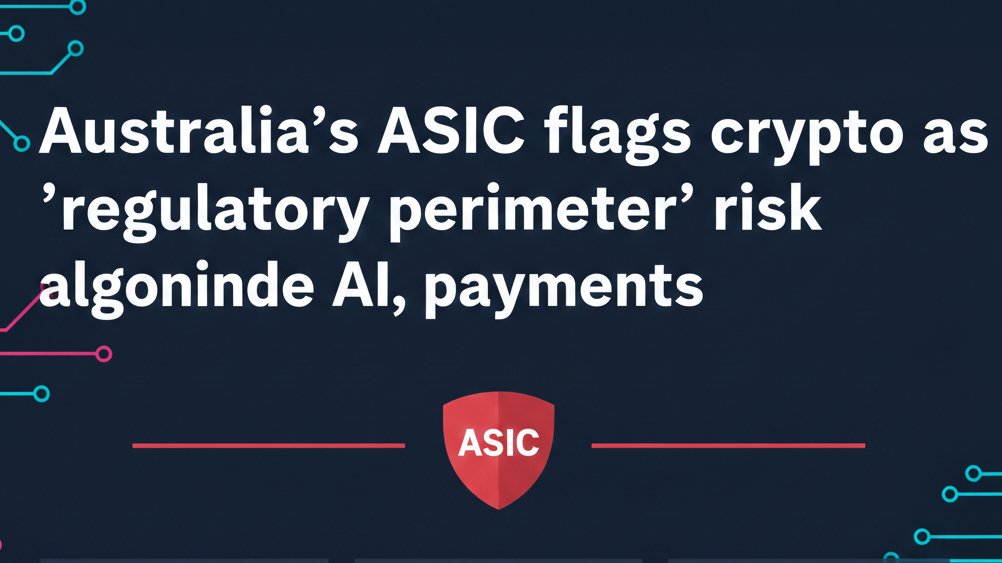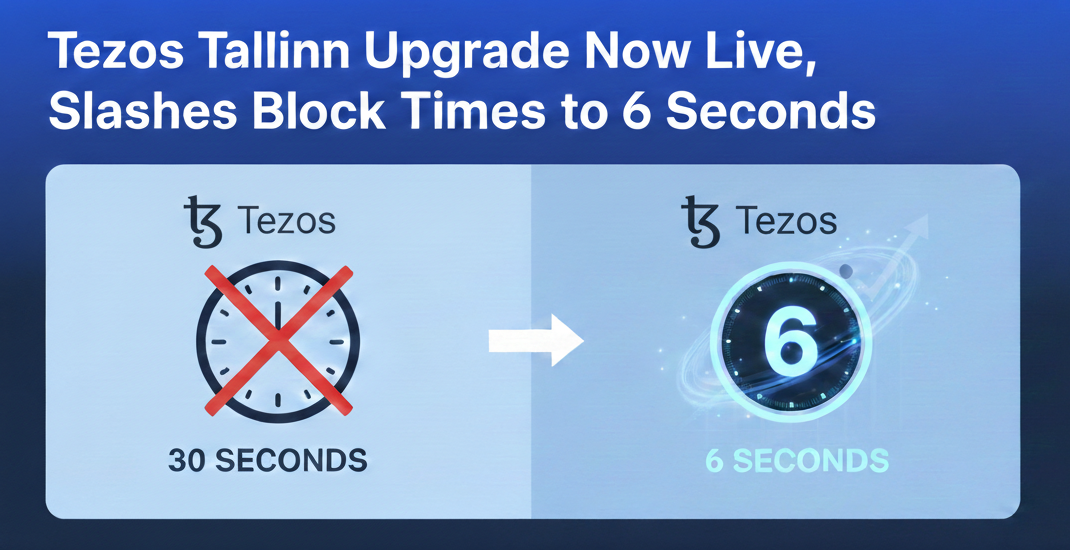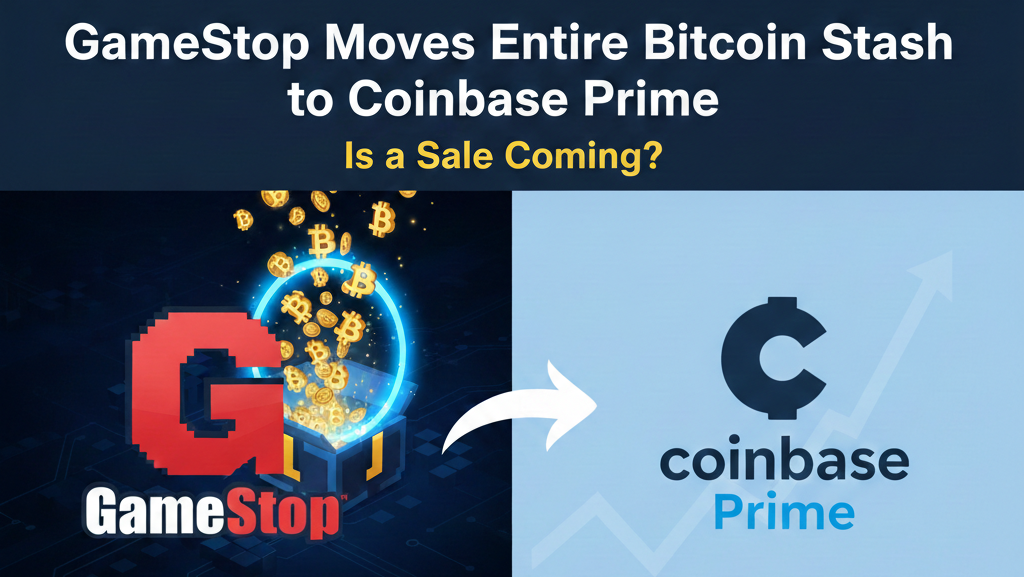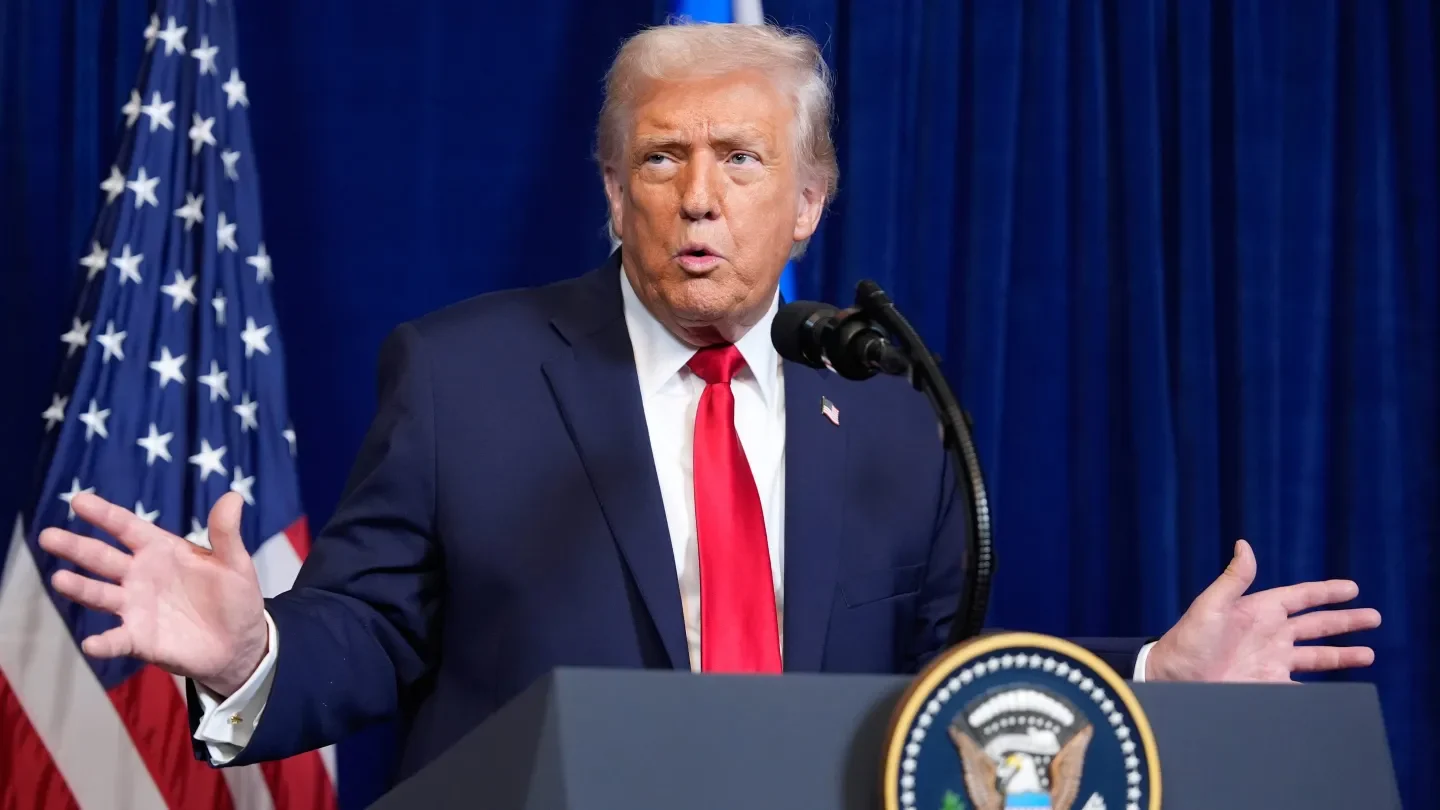Visa Expands Stablecoin Offerings as Competition Intensifies from Financial Giants
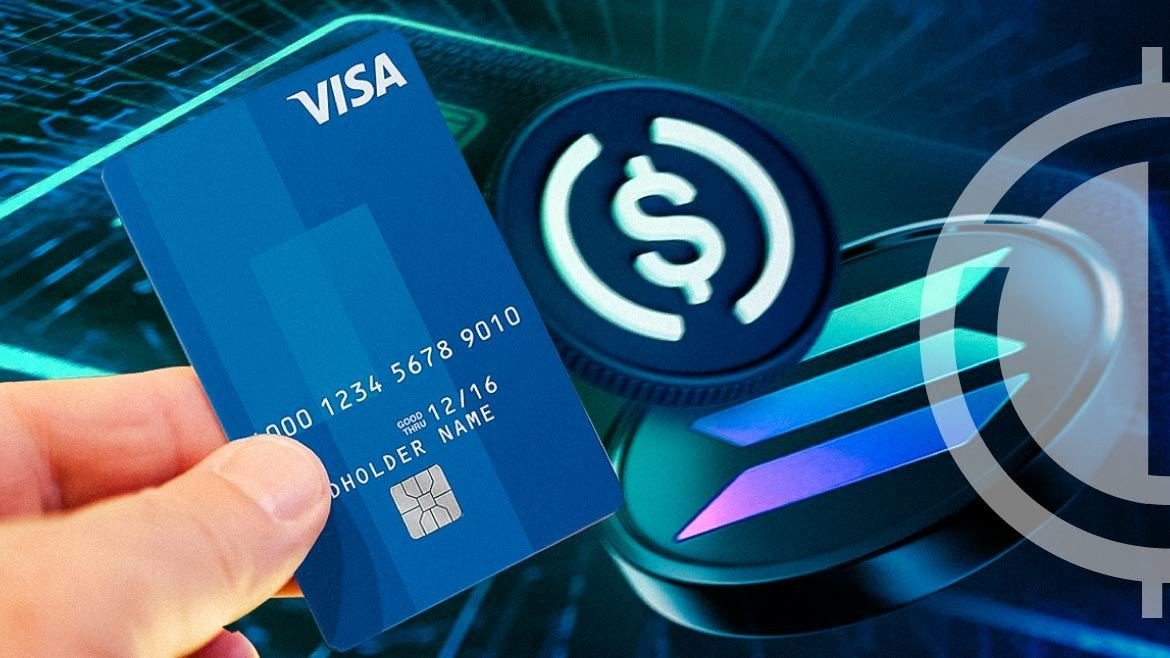
Visa, one of the world’s leading payment technology companies, has stepped up its blockchain strategy by broadening stablecoin support on its global settlement platform. The company now enables transactions using a wider range of stablecoins including Global Dollar (USDG), PayPal USD (PYUSD), and Euro Coin (EURC) and supports two additional blockchain networks, Stellar and Avalanche. This move underscores the growing institutional momentum in the stablecoin market and Visa’s commitment to staying ahead amid surging competition from traditional finance, tech titans, and emerging fintech players.
Visa’s Latest Stablecoin Integrations
Visa’s updated settlement platform allows businesses, payment processors, and fintechs to transfer stablecoins across multiple blockchains or exchange them seamlessly for traditional fiat currencies. Previously, Visa offered support for Circle’s USDC stablecoin, settling transactions on Ethereum and Solana. With the latest additions, clients can now leverage Stellar and Avalanche—two networks renowned for their speed and scalability further enhancing transaction efficiency and cross-border settlement speed.
Key stablecoins and blockchains now supported by Visa:
- Stablecoins: USDC, USDG, PYUSD, EURC
- Blockchains: Ethereum, Solana, Stellar, Avalanche
These upgrades enable financial institutions and merchants to access faster, lower-cost payment rails, making it easier to integrate blockchain-powered payments with traditional finance.
Institutional Stablecoin Adoption Accelerates
Visa’s stablecoin expansion arrives at a time of rapidly increasing interest from banks, tech companies, and major retailers in the stablecoin ecosystem. The GENIUS Stablecoin Act recently signed in the U.S. provides essential regulatory clarity catalyzing a wave of innovation and mainstream adoption across the payments industry.
- Mastercard is ramping up competition, partnering with crypto companies and tokenizing 30% of its transactions to address evolving consumer demand for digital assets.
- JPMorgan and Coinbase have teamed up to allow Chase customers to link accounts and convert rewards directly into USDC.
- Bank of America continues to hint at native stablecoin development, aiming to equip its global operations with instant, blockchain-based payment infrastructure.
Retail giants aren’t far behind: Walmart and Amazon are reportedly considering launching proprietary stablecoins to streamline international payment flows and take advantage of lower fees and instant cross-border settlements. These initiatives reflect a broad consensus that blockchain-backed stablecoins are revolutionizing global commerce.
Stablecoins Reshape the Payments Ecosystem
Payments experts and infrastructure leaders highlight that onchain stablecoin transaction volumes have now outpaced those of legacy card networks like Visa and Mastercard. According to Alchemy’s head of engineering, Noam Hurwitz, stablecoins are becoming the “default settlement layer for the internet,” enabling instant, secure, and borderless value transfer for businesses and individuals alike.
- Mastercard’s Acknowledged Threat: The firm has publicly recognized that stablecoins could disrupt its foundational business model, prompting rapid investment in blockchain-based solutions.
- Innovation in Settlement: The seamless integration of stablecoins is allowing legacy finance and fintechs to process transactions more efficiently, serve underbanked populations, and reduce settlement times and costs across borders.
Looking Ahead: The Future of Digital Payments
Visa’s expansion of supported stablecoins positions it as a leader in the race to define the next era of digital payments. As regulatory clarity improves and competition from traditional finance, big tech, and crypto-native firms intensifies, stablecoins are set to become an essential layer in global financial infrastructure.
Whether processing payroll, facilitating e-commerce, or enabling instant global transactions, the stablecoin revolution is reshaping how money moves and Visa’s latest move ensures it remains at the forefront of this paradigm shift in digital finance.

